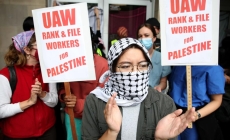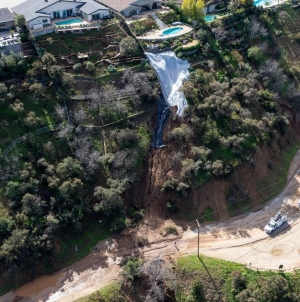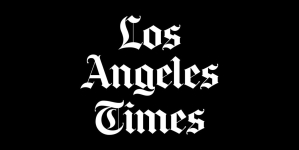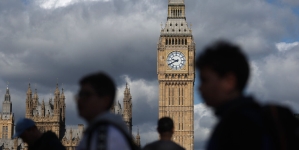-
UC is denied court order to stop academic workers’ strike - May 24, 2024
-
A portion of Mulholland Drive, damaged by mudslides in winter storms, reopens - May 26, 2024
-
‘Maybe You Don’t Want to Win’ - May 26, 2024
-
Donald Trump Putting Law Enforcement in Danger: Attorney - May 26, 2024
-
Avoid the waters of these 5 L.A. County beaches this holiday weekend, public health officials say - May 26, 2024
-
Bawdy Comedy ‘Anora’ Wins Palme d’Or at Cannes Film Festival - May 26, 2024
-
Map Shows Heat Wave Zone Spread Into Five New States - May 26, 2024
-
Azusa police arrest suspected slingshot-wielding vandal - May 25, 2024
-
Donald Trump Hammers Judge Ahead of Jury Instructions - May 25, 2024
-
Sometimes U.S. and U.K. Politics Seem in Lock Step. Not This Year. - May 25, 2024
UC is denied court order to stop academic workers’ strike
The state labor board late Thursday declined to stop the University of California academic workers’ strike, ruling that a UC complaint did not meet the legal standard required for its intervention.
UC officials had claimed that the walkout was illegal and causing such serious harm that it needed to be stopped. The union representing 48,000 academic workers called the strike over alleged free speech violations related to Israel-Hamas protests and other harms to workers.
The rolling strike was launched Monday at UC Santa Cruz by United Auto Workers Local 4811, which represents graduate student teaching assistants, tutors, researchers and other academic workers at the 10 UC campuses and Lawrence Berkeley National Laboratory.
On Tuesday, the walkout is scheduled expand to UC Davis and UCLA, where academic workers, their supporters and backers of the Palestinian cause rallied on campus Thursday.
UC officials had asserted that the labor action was illegal because of a no-strike clause in the union contract and had sought a court injunction from the California Public Employment Relations Board to immediately halt the strike.
The union noted the decision in a social media post:
“Injunction against the UC strike DENIED. UC has had many chances to resolve its egregious ULPs [unfair labor practices] and it has thus far refused to engage. Now two more campuses are walking out. UCLA and UC Davis—it’s time to Stand Up.”
“We’re glad PERB has rejected UC’s latest demand for special treatment under the law,” said Rafael Jaime, the president of UAW 4811. “UC has allowed members of the academic community to be brutalized by violent agitators, and called in police to trample on our members’ rights in direct contradiction to UC’s own policies. Our workers have walked off the job to demand resolution of these brazen unfair labor practices. PERB’s decision to deny their request for an injunction proves that no employer gets to make up its own rules.”
The university sharply disagrees with the union’s characterization of its actions.
The labor board said the university did not meet the threshold required for it to intervene.
“The Board presently declines to pursue an injunction as requested by Regents of the University of California (UC), as UC has not established that injunctive relief is ‘just and proper,’” labor officials said.
The board left the matter open “in the event it learns of evidence or facts to support a finding that injunctive relief is just and proper.”
The board’s action does not end the legal battle over competing claims before the panel. Labor officials still must deal with unfair labor action complaints from each side.
In a statement, UC alluded to this ongoing process, which could end in its favor in the coming days or weeks.
“We are eager to see a quick and just resolution to this matter,” the university said.
Shortly after the PERB decision was announced, university officials sent an email to the UC Berkeley campus community, warning that a strike could also soon take place there.
The union has not yet chosen Berkeley as a strike site.
“While UAW has not called for a strike at Berkeley at this time, [University of California office of the president] is asking all campuses to be prepared for potential activity should a strike be called,” it said. “Wherever strike action is called, it is expected to run throughout June. Managers and supervisors, please pass this information along to your teams.”
The request for injunctive relief was filed Tuesday afternoon with the California Public Employment Relations Board, which oversees labor-management interaction for public employees in the state.
“Allowing the strike to continue will cause the University and its students irreparable harm — UAW members play a critical role in year-end activities like teaching, grading, and ongoing time-sensitive research,” a university statement released Tuesday said.
The academic workers contend that their free speech rights were violated when system leaders called on police to forcibly remove pro-Palestinian encampments at several campuses and activists at UCLA were not protected from an attack by pro-Israel supporters for hours. Police later moved in to dismantle the UCLA encampment, making about 200 arrests, including some members of the striking union.
Demands of union leaders include the protection of free speech on campus; an amnesty for all academic employees, students, student groups, faculty and staff who face disciplinary action or arrest due to participation in protests; and divestment by the university from “weapons manufacturers, military contractors, and companies profiting from Israel’s war on Gaza.”
University officials asserted that the strike is unlawful because the goal is “to pressure the University to concede to a list of politically motivated demands closely linked to the protests occurring across California and the nation.”
The request for injunctive relief asked “PERB to issue a court order to effectively end the strike,” said Heather Hansen, a spokesperson for the UC office of the president.
UC officials said they support free speech but that union negotiations “must be tied to terms and conditions of employment and terms in the collective bargaining agreement.” The university also cited no-strikes provisions in the current contract.
Jaime, the union president, had called the university’s action disappointing but not surprising.
The union contends that the strike is legal under rules that permit walkouts in response to unfair labor practices. Each side has submitted charges with PERB accusing the other of violating labor rules. The request for an injunction, however, would have triggered an expedited process.
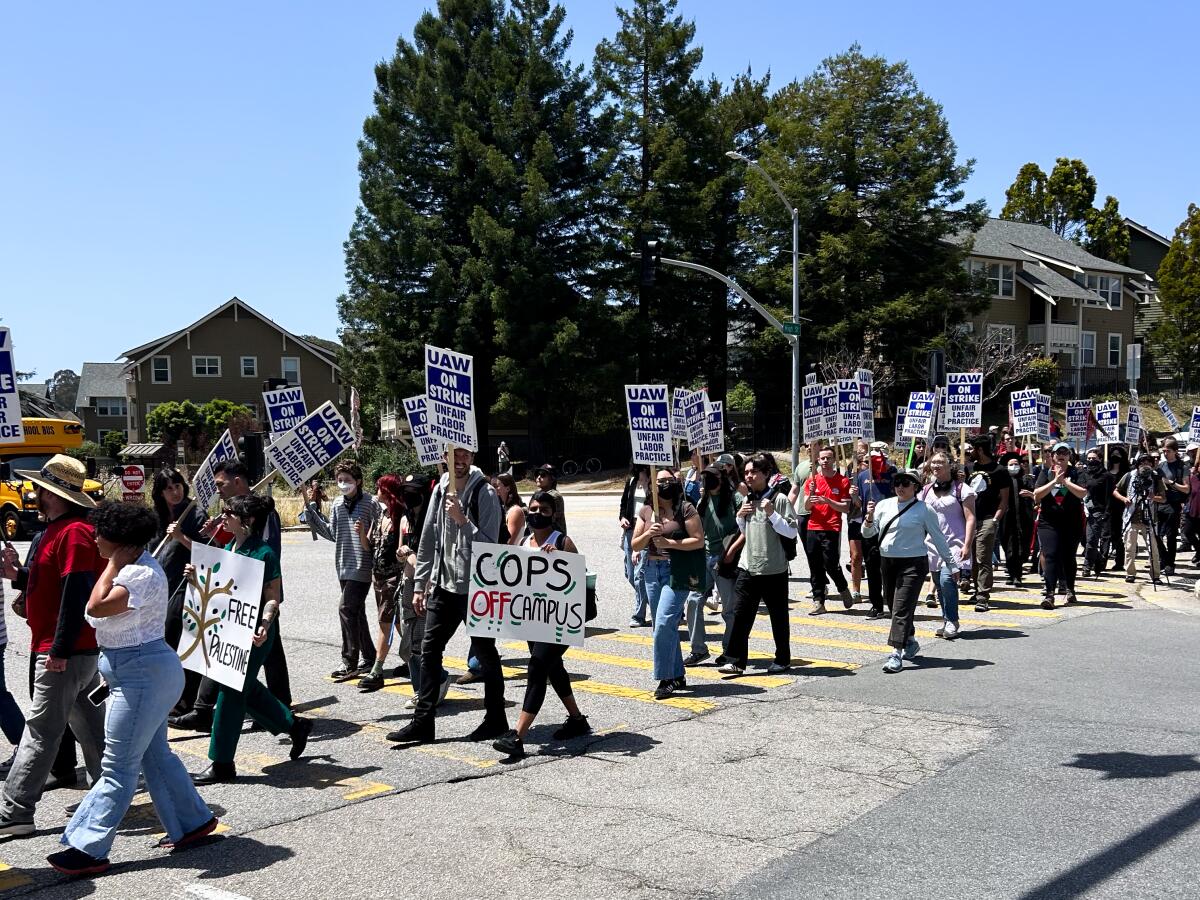
Striking academic workers picket at UC Santa Cruz on Monday.
(Jessica Garrison / Los Angeles Times)
Source link


